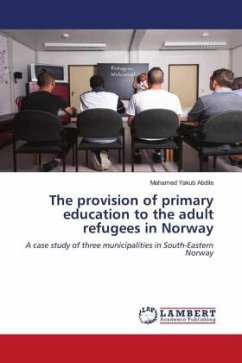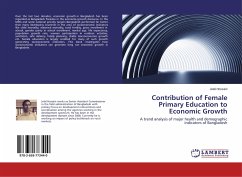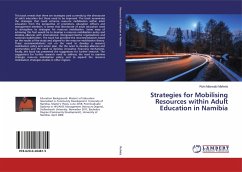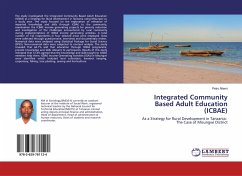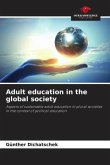Norway is one of the Western European countries that have had extensive experiences of hosting considerable number of refugees and asylum seekers. In addition to protection and other essential services like shelter and food, refugees also need to have access to education, especially quality education to shorten their transition period and efficiently adapt to their host countries. In the world`s development index, Norway has earned the reputation of being one of the top 5 countries for several consecutive years. Thus, Norway is often regarded as one of the world's best countries to live in. Nevertheless, the good images of Norway do not necessarily entail that the refugees it hosts are provided with the best social services they deserve, including a quality education which matches their peculiar demands. Employing qualitative research methodology and using the theories of wellbeing and the theory of Western hegemonic epistemology, this study aimed to explore how the primary education provided to the adult refugees impacts their wellbeing by taking three municipalities in South-Eastern Norway as a case study.

